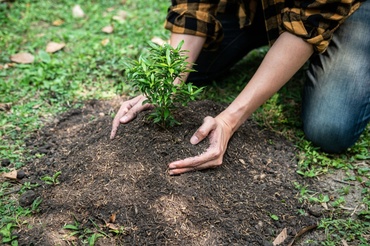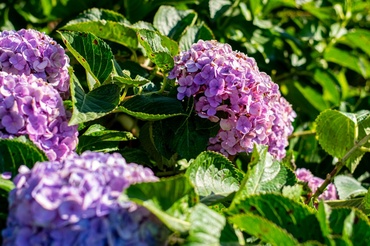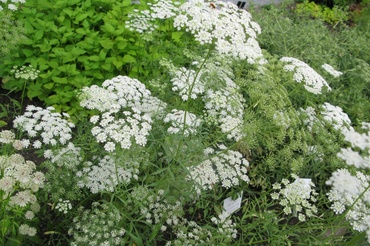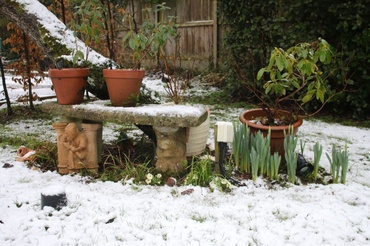
If you have your own vegetable garden, or maybe just a small piece of your garden that you use to grow your favourite vegetables, there’s always something new to learn. Whether it’s about the soil, the watering scheme, fertilizers, harvesting, or anything in between. That’s why we will give you some tips and tricks to level up your vegetable garden.
It All Starts with the Soil
It might sound logical, but still, it’s important to mention that the soil is definitely one of the key factors. That does not only mean the use of products such as mulch and fertilizers, but it’s also about using the right kind of soil. The optimal soil for vegetable gardens contains compost and is full of microorganisms that feed your plants. For example, the Nurseryland Organic Vegetable Soil is a high-quality blend of organic soil combined with compost and organic matter. You will notice that a high-quality blend like the Nurseryland Organic Vegetable Soil, creates the base that your vegetables need in order to grow from a healthy place.
Check the Light at Different Times During the Day
You might consider a certain spot in your garden to have enough light for certain vegetables, but keep an eye out during different moments of the day. You might notice that some spots become shaded due to bigger objects that create shade. You’d rather find this out too early than too late. If you’ve already planted your vegetable plants, the amount of light could be a reason why the growth is stagnant. Transplantation could be a solution to provide enough sunlight. Is there a shady spot in your garden, but you still want to use it? There are several leafy crops and herbs that can grow in a shady spot.
Plant Less to Harvest More
When you’re starting a vegetable garden, or when it’s time to choose your new vegetables, it’s tempting to plant all of your favourites together. But if you’re not careful with choosing the quantities, you might even end up harvesting less instead of more. Keeping your garden compact means that you have a view on what’s happening and what is needed. At the same time, the plants have their space to grow without disturbing each other. If you feel like you want to take your garden a level up, it’s usually not by planting more at the same time, but by using the same spots to sow again, immediately after harvesting. This way of planting is called succession planting. This helps to extend the harvest season, and in the end, will create more variety over time.
Last but not Least: Check the Water Needs
The water needs of newly seeded beds are different from those of established crops. Even though this might sound obvious, it’s still something that people tend to forget while watering their gardens. Keep an eye out on the development of your plant to figure out when they actually need less water. It’s these little tweaks that eventually help you to have more harvest and less troubleshooting along the way!




